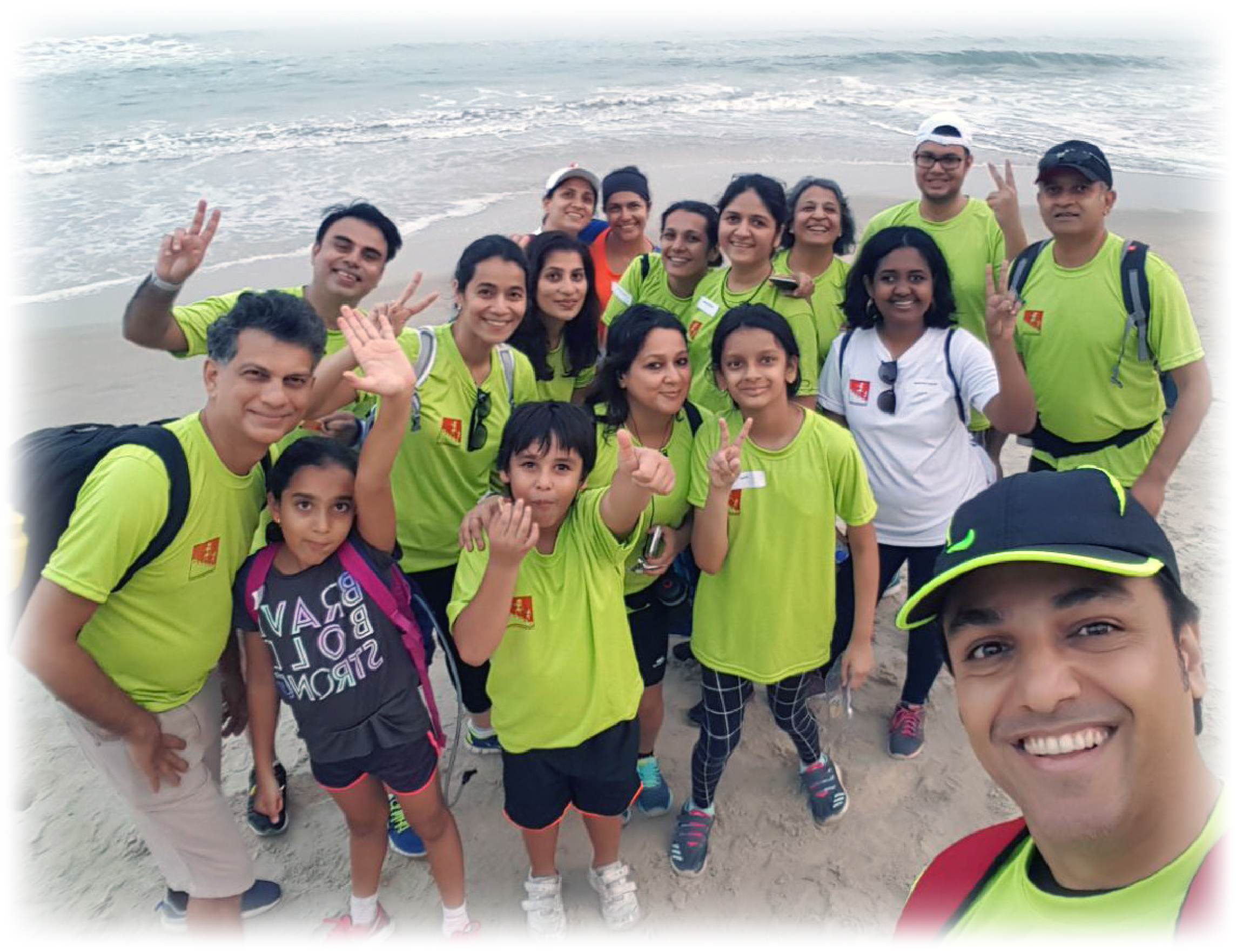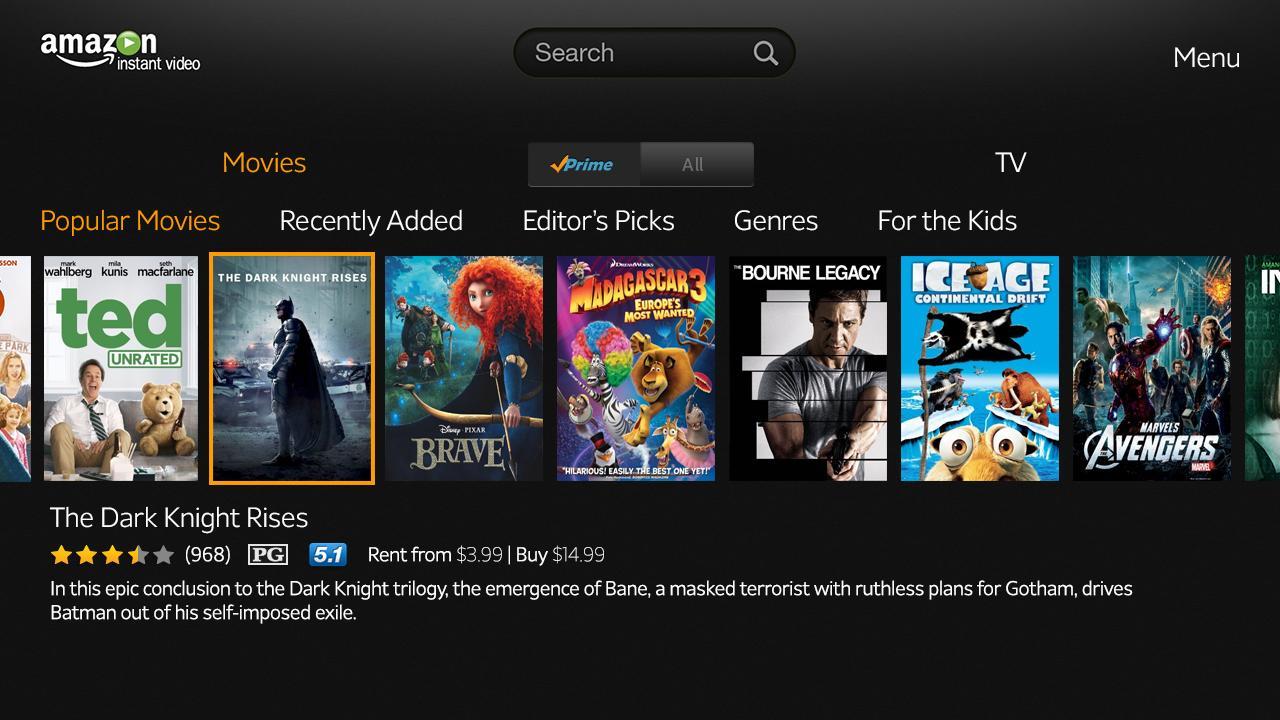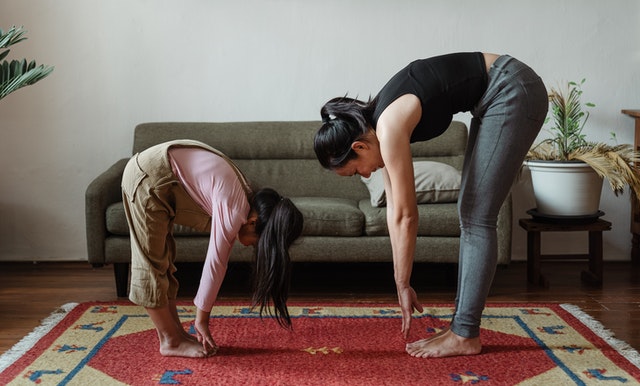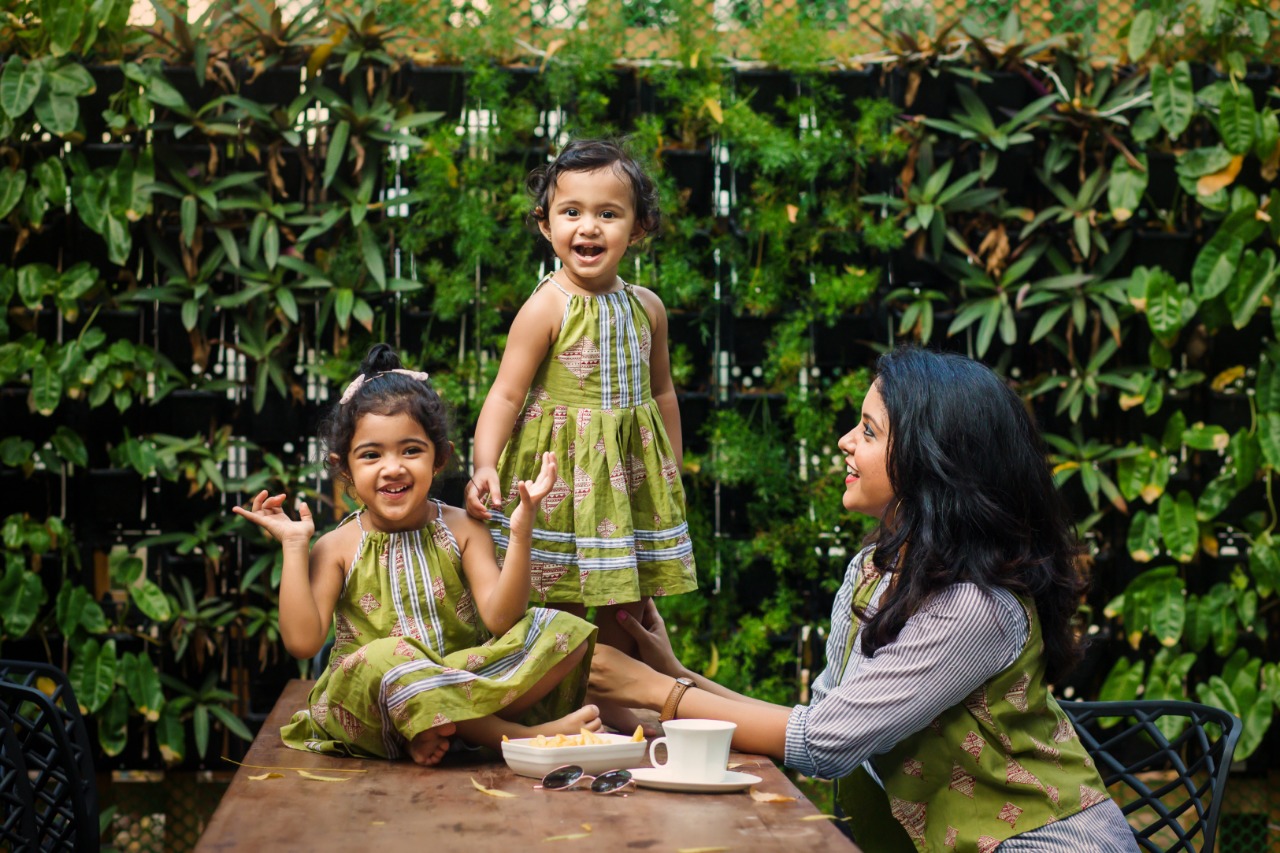Attachment is the emotional bond that children form with their primary caregiver. Children need a secure attachment relationship with parents and other caregivers so that they can turn to them when they are in distress. This makes them feel safe, and helps them become confident explorers and learners.
You may also like: How You Can Raise A Resilient, Confident Child
Children with secure attachments develop good self-esteem, empathy and have a good representation of relationships.
For instance, a securely attached child will grow up to be an adult who would view the world as a safe place and view others as caring and supportive.
In relationships, they are compassionate, reliable, and responsive as that is how they have experienced their own parents.
You may also like:Â Are you raising your kids with a fixed product in mind?
Practical tips for raising a securely attached child:
- Being reflective about your own mental state as a parent -Â This means that you should know your own mental state and emotions. This enables you to regulate your feelings when you respond to your child and ensures that you are less likely to overreact in a situation.
- Being reflective about your child’s mental state – Trying to understand the triggers for your child’s behaviour instead of just responding to the behaviour they display on the outside is important. When parents understand and name their child’s feelings accurately, they give their child the experience that their feelings are valid and need a response. This tells the child that you ‘get it’, and it gives meaning to their behaviour which in turn helps the child in developing empathy and perspective taking.
- Being warm and responsive – This means being available in times of distress, responding empathetically through physical means such as touch, hugs, smile, gentle tone of voice, eye contact. This reassures the child and gives them the experience that it is ‘not that bad’. Responsiveness to positive emotions is also equally important.
- Being consistent and reliable – This means maintaining consistency in the way you respond to your child. For example, for children who have an anxious temperament, it is imperative to have a routine for parting and greeting which makes it predictable for them, rather than sneaking out when they are not looking. Also, reconnect mindfully with your child after a separation, giving them the feeling that you held them in your mind even when you were away.
- Building trust with your child– Always apologise if you make a mistake. Your child will see that you care about their feelings. Remember, secure attachment is not about always getting it right. In fact making mistakes and apologising gives your child the belief that one can repair trust.
Secure attachment teaches us to sensitively respond to children with common worries during childhood for example with behaviour management, sleep and eating concerns. Attachment styles are, therefore the building blocks of our personality, which continue to develop in one’s lifetime. If you are a parent, or you plan to become a parent, this information will help you maximize the chance that you will foster attachment security in your children.
Eat Sleep Love Repeat: Workshop for parents:
What is it about: Mpower has an upcoming informative workshop for expectant mothers, parents and other caregivers of children upto 6 years interested in knowing about secure attachment, and how to manage common worries eating and sleep concerns in the early years.
To know moe about the event- Click here.
Don’t forget to follow us on Facebook, Twitter, Pinterest, Soundcloud & Instagram or subscribe to our YoutubeChannel for more information.




















